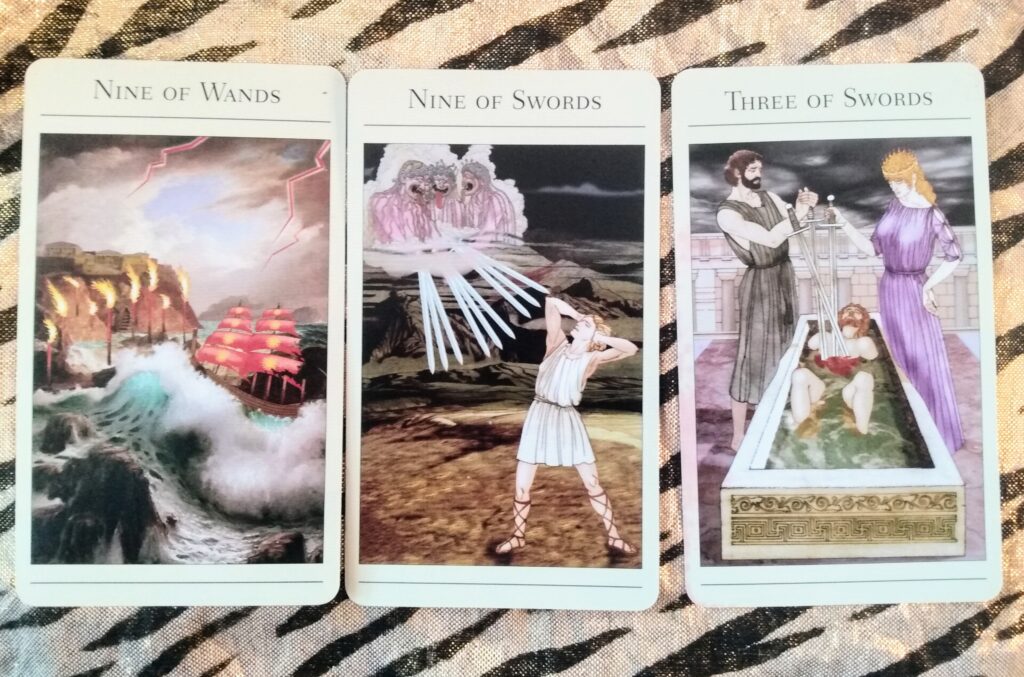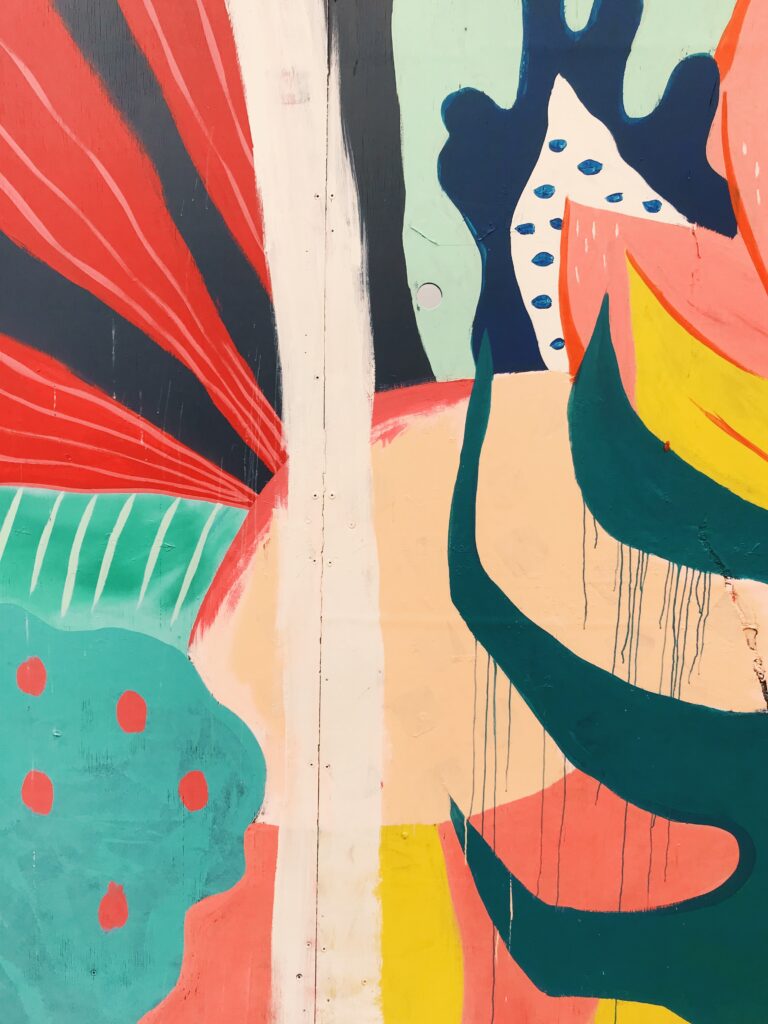One of the beautiful things about being human is that we continually strike a balance between growth and death. There is a difficulty in navigating this balance as we work through accepting our unconscious “shadows,” such as secret thoughts, alongside the illuminated conscious parts of ourselves we might call “the light.” In this navigation, to explore and balance ourselves, we must learn to deal with what I like to call “the gray area.” Because of their nuanced nature, gray areas can be challenging to confront, but are nevertheless worthy of attention. One example of a gray area is a habit, which can stem from mixed motivations. The habits that we form in our daily lives can serve as anchors, guiding forces or even comforts. At the same time, habits can be detrimental. Habits become the unconscious patterns we build until they become second nature. A bad habit can be described as a negative behavior that can hurt ourselves or others. This bad habit is rooted in our shadow self, the deepest part of our unconscious, and operates in both planes of light and dark. We are aware of our actions, but unaware of the power we have given to the habit. Often, bad habits begin as coping mechanisms and serve as stress reducers. Inviting us to peer deeper into how we frame our priorities, today’s tarot spread will give us the answer to the question of: “How do we deal with bad habits?”

The cards, from left to right, are: The Nine of Wands, Nine of Swords, and lastly, the Three of Swords.
Our first card, The Nine of Wands, shows us a voyage from turmoil to peace. In this card we see Jason’s ship, Argo, heading to Ilokos. After winning his battle against a dragon guarding the golden fleece, the young warrior can finally reclaim his throne at home. The sea surrounding the ship is turbulent, while the sea surrounding Jason’s homeland is calm. This card represents the last lap of a long journey. Though the journey is almost over, and many obstacles have been conquered, there is still one final challenge to face before Jason can return home. Though Jason has proven himself, he still must navigate the rest of his voyage through turbulent waters. What arises in this card is the concept of perseverance: though Jason may be exhausted from this long journey, he must find, and rely on, a necessary inner strength. Even when exhausted, we can find a well of reserved strength in ourselves that presents itself in the greatest time of need. When exhaustion has set in, it is important to depend on the strength of our determination.
The second card, The Nine Of Swords, shows us a man named Orestes, who stands in turmoil with his hands over his ears. He is the son of Clytemnestra and King Agamemnon, who we will meet in our next card. Above Orestes is the sky where Furies mock him with guilt and fear. As symbols of vengeance, fear and guilt, they serve as ultimate punishments from the heavens. Orestes has just killed his mother, fulfilling a task of vengeance on his father’s behalf. He must now live with the inner turmoil this action has caused him. The Furies represent the accumulation of our own fears and guilt. They amplify these fears and aim more guilt and fear at Orestes; the result is madness. Though it is normal to feel fear, stress and guilt, these feelings can also heighten until they drive us to deeper levels of paranoia or depression. When we become trapped in cycles of fear, we inevitably build ourselves a world of self-protection, isolation or stagnation.
The third card, The Three of Swords, is a scene depicting King Agamemnon, dead in his bath, murdered by his wife Clytemnestra’s lover Aegisthus. When Agamemnon’s army disturbs the balance of a previous agreement, an angry Artemis enlists a Fury who demands that the king sacrifice his daughter as retribution. When Agamemnon returns home, Queen Clytemnestra turns on her husband and asks her lover to murder the king, believing that the king chose his own ego over the life of his daughter. Though the card portrays death and the ending of the king’s story, it is also showing us the beginning of a possible healing cycle for the family. The queen has avenged her daughter, restoring justice in their home. Later, when Orestes, the king and queen’s son, has grown, he throws off this balance by murdering his mother out of spite. Though we all make mistakes, it is our choices that define our character. How we choose to heal is one of these choices, and this decision is deeply ingrained in our unconscious. When we analyze our bad habits, we find the trails of bitterness and anger, and are able to follow those indicators to the unconscious parts of ourselves where these feelings are usually hidden. What becomes clear as we explore our shadow selves is that these insecurities must be dealt with by being faced and explored — in other words, brought into the light.
This spread is not only a reminder that bad habits are cyclical, but also a warning of how deeply these cycles can harm us. Mentally and emotionally, bad habits can become unconscious cycles that keep us in fear, guilt, depression and ultimately stagnation. It is important to remember that, although we must work on our shadow selves and face our faults, we must also understand and accept these faults to truly find peace. The goal in balancing ourselves is not to be perfect and fault-free; it is to accept our innate humanness and become balanced, at peace and accepting of who we truly are. The goal of the recipe below is to infuse an atmosphere of safe self-exploration into your own cycles and bad habits so you may also find balance.

This DIY consists of very few steps. However, you will need supplies!
You will need:
A box of crayons, paint or markers
A journal or piece of paper
An open mind!
- Take a moment to breathe and relax. Perhaps make hot tea or light a candle.
- Allow yourself to draw, paint, create freely. This is an abstract; there are no expectations.
- Notice your thoughts as you create. How do you treat your inner child? How does it feel to get through this process?
- Frame or hang the drawing as a reminder to yourself to let your inner child be cared for.
- Think about any negative feelings or self-talk and how they might manifest as habits in your life.

